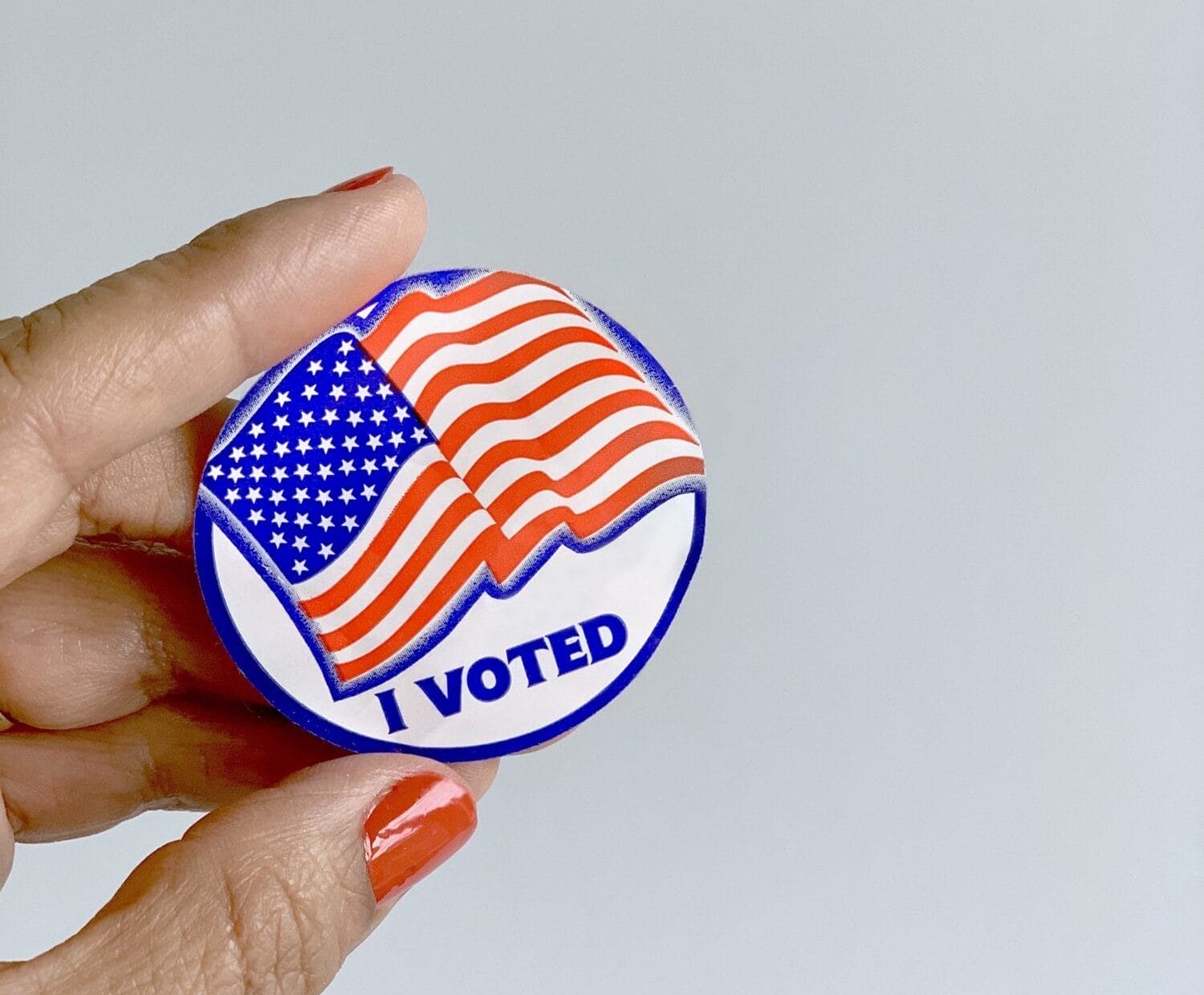By Sienna Monea | Cronkite News
As the 2024 presidential election approaches, women of color are emerging as one of the most influential voting blocs in the United States. Their growing political power is reshaping policy debates and driving grassroots activism across the country.
Arizona, a battleground state, has seen substantial change to the racial and ethnic composition of its electorate. According to the Center for American Women and Politics, Black women became the second-largest group in voter turnout in the U.S. in 2022, behind White voters and ahead of Asian American/Pacific Islander and Latino voters. In recent elections, the number of women voting exceeded the number of men. Black voters play a crucial role in several key battleground states this year.
From reproductive justice to immigration reform, women of color are at the forefront of movements pushing for systemic change, challenging voter suppression and reimagining leadership at every level of government.
Janelle Wong, director of Asian American Studies at the University of Maryland, explained that women of color have become powerful political forces precisely because of their unique challenges. Wong served on a “Women of Color in the 2024 Election: Preferences and Power” panel put on by Latina Futures 2050 Lab, a research and community initiative.
Wong’s research on Asian American political participation shows that this community, long overlooked in electoral strategies, is mobilizing in unprecedented numbers. With women driving much of this engagement, Asian American voters are bringing attention to health care, housing and education, which affect immigrant communities.
“Where Asian Americans actually look distinct from other voters are health care … they’re much more open to universal health care, they’re gun control voters, they’re environmental voters,” Wong said. “I think there’s this misconception based on stereotypes that the way to win Asian American voters is education, but that’s just not the case. Asian American women and men are reproductive justice voters, these are things we don’t hear very often in the campaigns.”
Latina voters are also playing a significant role in shaping the 2024 election. Over 36 million Latinos are eligible to vote in November, representing 15% of eligible voters, according to the Pew Research Center.
G. Cristina Mora, director of the Institute of Governmental Studies at the University of California, Berkeley, said during the panel that Latinas have emerged as a key demographic in battleground states, including Arizona and Texas. Mora’s research highlights that Latinas, particularly younger voters, are advocating for policies on immigration reform, labor rights and reproductive justice.
“The turnout affects all communities of color. There’s no group that is voting at the rates of whites,” Mora said. “If we are seeing women in these communities as the messengers, how we solve the issue of sorta getting the turnout gap eliminated and getting all of these communities to vote at their full potential will be really important.”
One of the top issues mobilizing women of color in the 2024 election is reproductive justice. After Roe v. Wade was overturned in 2022, reproductive rights became a rallying point for many women, particularly in communities of color, where access to health care has historically been limited.
Data from the Centers for Disease Control and Prevention in 2019 showed Black women had the highest rate of abortions in the U.S., at 23.8 per 1,000 women. Hispanic women had 11.7 abortions per 1,000 women, and White women had the lowest rate: 6.6 abortions per 1,000 women.
Jennifer Jones, associate professor at the University of Illinois Chicago, explained during the panel that for women of color, reproductive justice is more than just a question of legal access to abortion – it’s about access to affordable health care, child care and economic security.
She also shared about the challenges that lie ahead. “There’s a lot of fear about demographic change, and so the future is probably going to hinge on whether this is an ongoing, sustained effort at the local level, at the state level, at the organizational level, at the federal level because border suppression efforts, gerrymandering, those things will continue,” Jones said.
Though women of color are mobilizing to vote and advocate for change, they continue to face significant structural barriers to political participation. Voter-suppression tactics, such as restrictive voter ID laws and purging voter rolls, disproportionately affect communities of color.
Jones added that Latinx and Black communities are growing their collaboration in their fight against voter suppression, particularly in southern states like North Carolina.
“These coalitions are based in large part on a sort of shared understanding that they have experienced exploitation, that they’ve experienced discrimination and so part of this is about a shared fight,” Jones said.
Vice President Kamala Harris, the first Black and Asian American woman to hold the office, has been a central figure in movements that are especially important for women of color. As a graduate of a historically Black university, her identity and background have resonated with communities of color.
Both Harris and former President Donald Trump are actively targeting communities of color for votes.. Harris and her running mate, Gov. Tim Walz, launched their Historically Black Colleges and Universities (HBCU) Homecoming Tour. Meanwhile, Trump has been working to engage communities of color through initiatives that include Latino Americans for Trump and Black Americans for Trump.
Both are making deliberate efforts to support communities of color through policy strategies such as economic and social concerns, job creation, economic empowerment and educational opportunities.
“Regardless of who wins this election, it is going to be close. We see that who’s fighting is really women of color, both in the forefront and behind the scenes,” Wong said.








